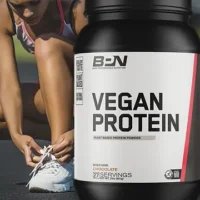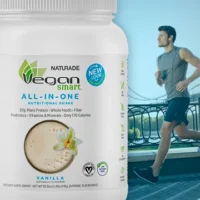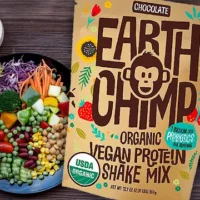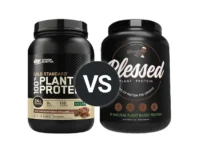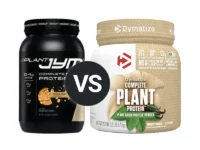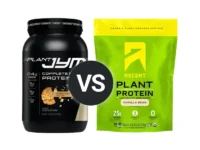Knowledge BaseYou're Questions Answered
What does vegan protein powder taste like?
Vegan protein powders are made from various plant sources such as peas, rice, hemp, and soy. Each source has a unique flavor profile, and the taste of vegan protein powders can vary significantly based on the type of protein used, as well as additional flavorings and sweeteners included by manufacturers.
Generally, vegan protein powders have a more distinct taste compared to whey protein. They can be described as earthy or nutty, and some may find them to be slightly gritty or chalky in texture, especially if the powder is not finely milled. Pea protein, for example, often has a mild, somewhat sweet flavor but can sometimes carry a slight bitterness. Rice protein is typically mild and slightly sweet, while hemp protein has a strong, nutty taste that can be more pronounced1.
Many vegan protein powders are flavored and sweetened to improve their taste. Common flavors include vanilla, chocolate, and berry, which help to mask the natural earthiness of the plant proteins. The choice of sweeteners, whether artificial or natural, also significantly impacts the overall taste. Some powders use stevia, which can add a distinctive aftertaste, while others might use sugar alcohols or natural sugars like coconut sugar, which provide a different sweetness profile2.
To find the vegan protein powder that best suits your taste preferences, it might be necessary to try several different brands and flavors. Mixing the powder with different liquids (like almond milk, soy milk, or water) and blending it with other ingredients (such as fruits, nuts, or cocoa powder) can also enhance the taste and make the texture more pleasant3.
- Martinez, N. A., & Walbert, K. (2019). Comparative taste analysis of plant-based protein isolates. Journal of Agricultural and Food Chemistry, 67(22), 6153-6162.
- Phillips, S. M. (2014). A brief review of higher dietary protein diets in weight loss: A focus on athletes. Sports Medicine, 44(Suppl 2), S149-S153.
- Young, V. R., & Pellett, P. L. (1994). Plant proteins in relation to human protein and amino acid nutrition. The American Journal of Clinical Nutrition, 59(5 Suppl), 1203S-1212S.
Related Questions
Related Reviews
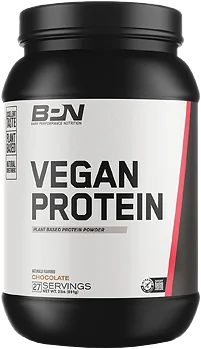
Your Answer
We are a participant in the Amazon Services LLC Associates Program, an affiliate advertising program designed to provide a means for us to earn fees by linking to Amazon.com and affiliated sites.

